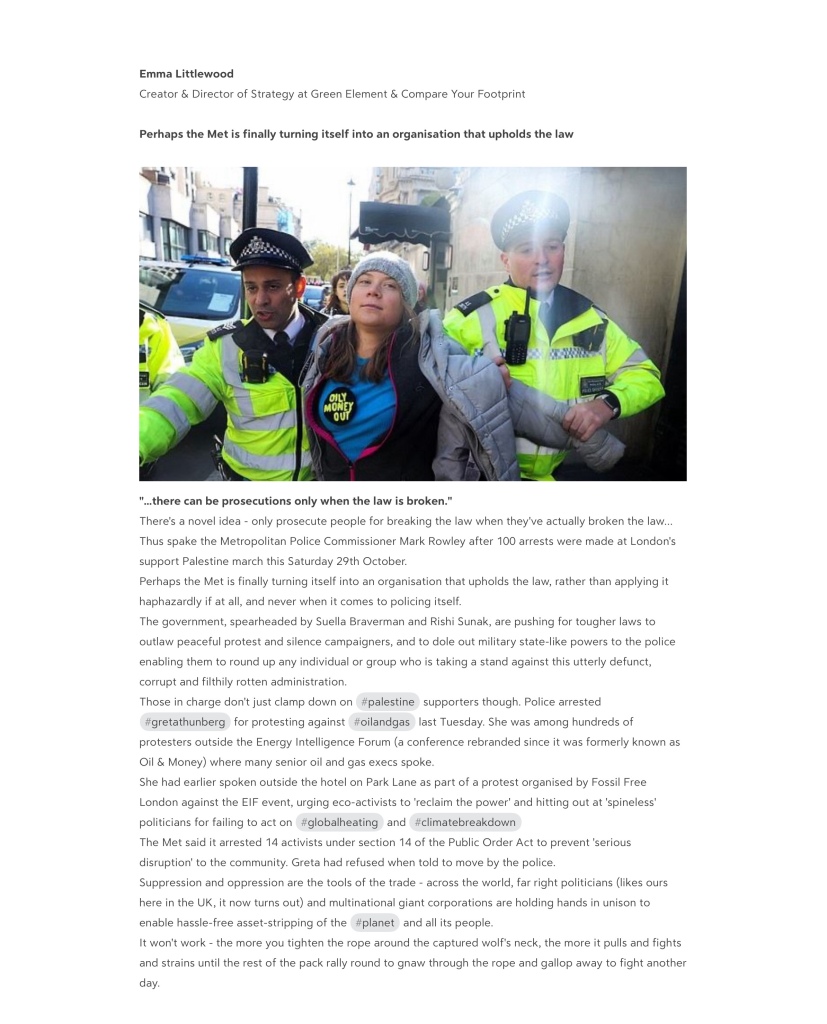ET NOW – US News
climate
What on Earth is Ecocide?
Al Jazeera English
MUST SEE: Fearless PM Mia Motley Sends A Warning To US Government To Leave Jamaica
Elly From Africa
The Dalai Lama In Conversation with Greta Thunberg and Leading Scientists
Mind & Life Institute
Cutting Methane to #BuyMoreTime – The U.S. Leads the Way

Durwood Zaelke, President of IGSD, Rick Duke, Deputy Special Envoy for Climate at the U.S. Department of State, and David Kanter, Associate Professor of Environmental Studies at New York University, joined our #BuyMoreTime session from COP29 in Baku earlier this year.
With just one month left in his presidency, Joe Biden has unveiled a transformative climate plan targeting a 61-66% reduction in greenhouse gas emissions by 2035. For the first time, the U.S. NDC includes a 35% reduction in methane emissions, aligning perfectly with our #BuyMoreTime campaign‘s call to tackle short-term warming and stabilize global temperatures.
Methane’s inclusion is a game-changer: it delivers rapid cooling, sets a benchmark for transparency, and provides a model for global climate action. This commitment also addresses other pollutants like HFCs and nitrous oxide, demonstrating how targeted policies can amplify climate strategies.
The big question: Will this bold vision survive under Donald Trump’s administration? Read more in our full article to uncover why optimism persists, driven by strong state, local, and private-sector efforts–and find out how you can help push progress forward!
MUST SEE: Fearless Mia Motley Warns Donald Trump For His Deportation Plans As SheDefends Jamaica
Elly From Africa
Climate Change Debate | Kriti Joshi | Opposition
OxfordUnion
Barbados – Prime Minister Addresses United Nations General Debate, 78th Session |
UNGA
United Nations
What Have We Turned Our World into?
77-year-old charged in deadly Panama protest shooting

A 77-year-old man has been charged with intentional homicide after shooting and killing two protesters that were blocking a road.

